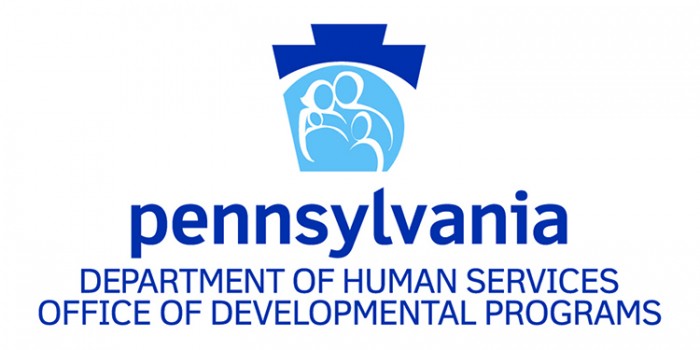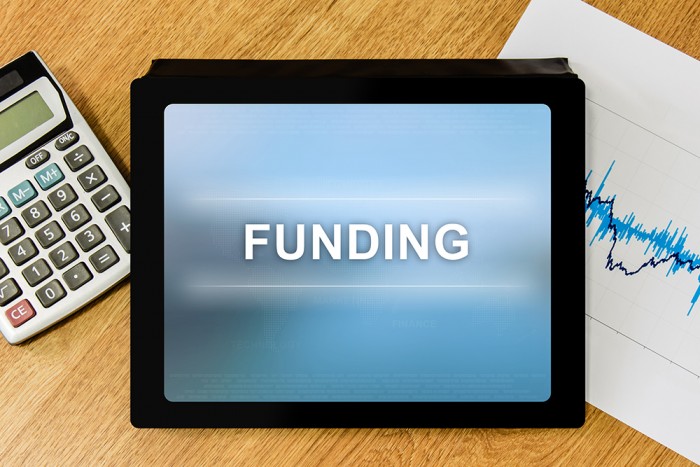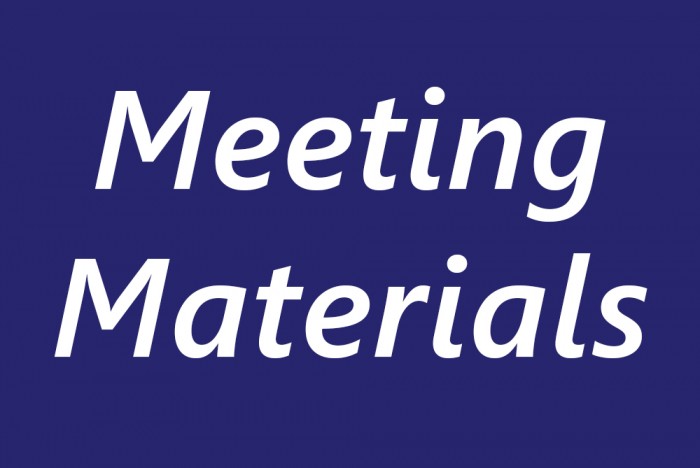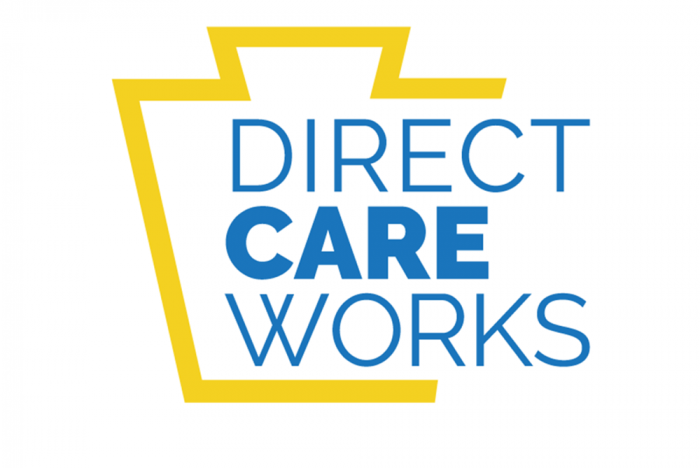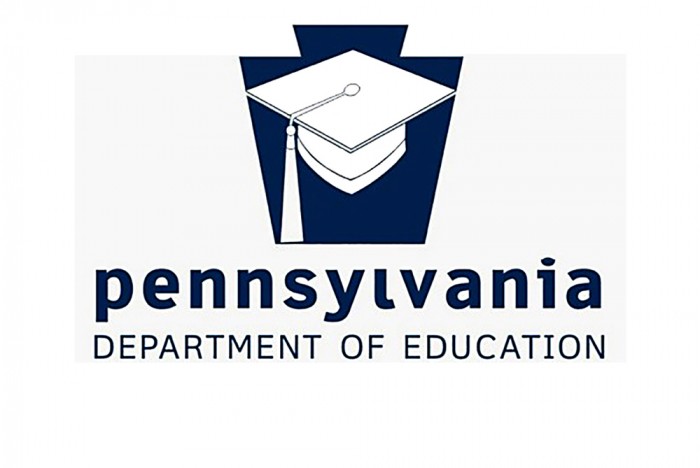ODP Update: September Retainer Payments
Rick Smith sent the following message on October 28, 2020:
To Providers of Community Participation Supports (CPS):
For those providers who have signed attestations, the Office of Developmental Programs (ODP) is currently processing the September retainer payments allowed under Appendix K at 25 percent of your pre-COVID CPS billing. These payments should be visible on your November 2 remittance advice. ODP has also reviewed CPS billing from July to September and has identified some CPS providers who have signed attestations and are at or near pre-COVID billing levels with the combination of retainers and billings. Additionally, ODP has identified a number of CPS providers who have signed attestations and currently have receivable balances beyond 30 days with the office. If you fall into either of these two categories, you will not automatically see a retainer payment and should contact Rick Smith for further details.








